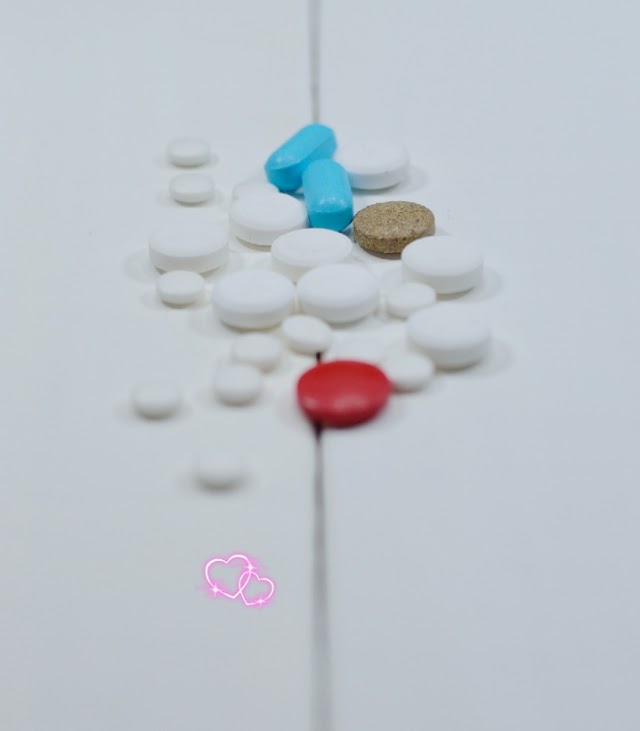XIGA.(Dapagliflozin)
a popular drug for sugar patients.
 |
| Tablet |
composition:
Each film-coated tablets contain: Dapagliflozin propanediol monohydrate
XIGA Tablet
Dapagliflozin ....................5mg
Dapagliflozin .....................10mg
Effects of age, gender, Race, and bodyweight on pharmacokinetics:
based on the popular pharmacokinetics analysis, age, gender, race, and body weight do not have a clinically meaningful effect on the pharmacokinetics of dapagliflozin and thus, no dose adjustment is required.
Indication n uses:
XIGA is indicated as an adjunct to diet and exercise to improve glycemic control in adults with type 2diabetes Mellitus.
limitation of uses:
XIGA is not recommended for patients with type 1 diabetic ketoacidosis.
Dosage and administration:
the recommended starting dose of XIGA is 5 mg once daily, taken in the morning, with or without food. In patients tolerating XIGA 5mg once daily who require additional glycemic control, the dose can b increased to 10 mg once daily. In inpatient volume depletion, correcting this condition before initiation of XIGA is recommended.
Contraindications
- history of severe hypersensitivity reaction to XIGA.
- several renal impairments, end-stage renal disease, or patients on dialysis.
- Warning and precaution: hypotension.
XIGA causes intravascular volume contraction.Symptomatic hypotension can occur after initiating XIGA particularly in patients with impaired renal function, elderly patients, patients on loop diuretics. Before initiating XIGA in patients, volume status was assessed and corrected.
- Impairment in renal function:
XIGA increases serum creatinine and decreases eGFR.Elderly patients and patients with impaired renal function may be more susceptible to these changes.
- genital mycotic infection:
XIGA increases the risk of genital mycotic infection. Patients with a history of genital mycotic infection were more likely to develop a genital mycotic infection.
- Increase in low-density lipoproteins cholesterol
Increases in LDL-C occur with XIGA. Monitor LDL-C and treat per standard of care after initiating XIGA.
- Bladder cancer:
- XIGA should not be used in patients with bladder cancer. In patients with prior history of bladder cancer, the benefits of glycemic control versus unknown risks for cancer recurrence with IGA should b considered.
- macrovascular outcomes:
Conclusive evidence of macrovascular risk reduction with XIGA or any other anti-diabetic drug is insufficient.
Adverse reaction:Specific:
Hypotension, impairment in renal function, hypoglycemia with concomitant use with insulin.
Insulin secretagogues, genital mycotic infection, increases in low-density lipoprotein cholesterol, and bladder cancer.
Allergic reaction:
Hypersensitivity reaction, serious anaphylactic reaction, and severe cutaneous adverse reaction. The angioedema was reported at 0.2 % of Dapagliflozin-treated patients.
If a hypersensitivity reaction occurs, discontinue use of XIGA; treat per standard of care and monitor until signs and symptoms resolve.
laboratory tests:
Increase in Hematocrit, increase in serum inorganic phosphorus, increase in low-density lipoprotein cholesterol.
Overdose:
In the event of an overdose, contact the poison control center. It is also reasonable to employ supportive measures, as directed by the patients' clinical status.



0 Comments